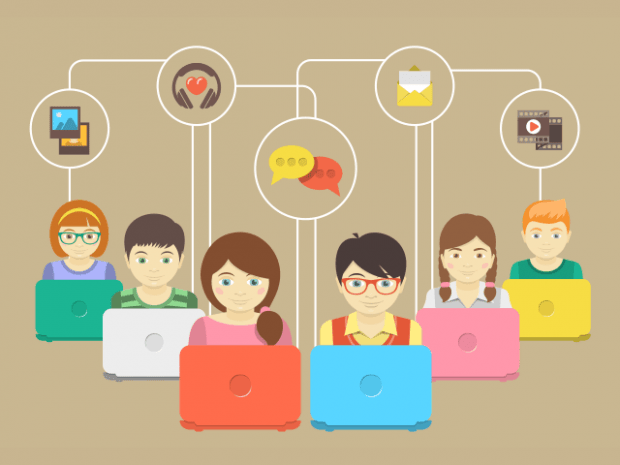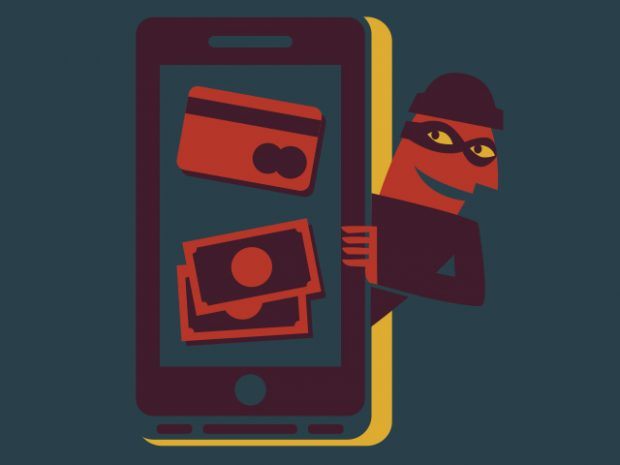
In the age of Big Data risks are big too
Big Data means increased risks: a large-scale leak may lead to tremendous reputational damages, so cyber-resilience is extremely important.
713 articles

Big Data means increased risks: a large-scale leak may lead to tremendous reputational damages, so cyber-resilience is extremely important.

June was a busy month with hacks and data breaches, privacy, cryptography, and mobile security news, and an update on OpenSSL Heartbleed.

Big Data is widely used by businesses to gather information on their consumers. But it’s quite evident that the same Big Data may be used against the businesses as well.

This week: the first mobile malware turns 10; we check in on Android security news and recent data breaches; and we fill you in on the week’s patches.

Discussing security and the privacy strengths and weaknesses in the Apple’s soon-to-be-released iOS 8.

Google is releasing a tool that ensures all data passing out of its Chrome browser is encrypted in transit, resolving the problem of relying on others’ crypto.

OpenSSL reported six new vulnerabilities just eight weeks after Heartbleed. Does it mean that OpenSSL is heading for a disaster, or is it on its way to healing?

There was a lot of interesting news about hackers and other cybercriminals, so let’s see who has been busted in May.

Feds take down the Gameover botnet, there’s more trouble for OpenSSL, Google publishes data on global Gmail encryption, and Edward Snowden’s first NSA revelation came out one year ago.

App stores offer all the promise of a virtually unlimited range of games and tools, but are rife with pitfalls too. These include bad apps, ballooning costs, and malicious apps, particularly on Android devices.

Data breaches seemed to dominate the security news in May, but mobile ransomware emerged as well and there was good and bad privacy news from the tech giants.

Teaching your child the essential codes of conduct on the Internet is as important as teaching them road safety.

A brief video tutorial on how to enable a number of important security and privacy features built into Google’s Gmail service.

Windows Phones continue to grow in popularity, which means users should take precautions to make their devices as secure as possible.

Device loss remains among the most serious cyber-threats to consumers. Here are a few tips to avoid losing your favorite gadgets.


Last week, Kaspersky Lab hosted a webinar to discuss the threat landscape in the era of targeted attacks. Here’s a summary and slides from this event.

Hack your way through the smart city of the future in the upcoming Watch_Dogs game. Reality checked by Kaspersky.

Whether you’re a victim or a witness, there are a number of sources you can submit online threat information to in order to make the Internet a safer place.

OpenID and OAuth are protocols responsible for those “Login with Facebook” and “Authorize with Google” buttons you see on almost every site nowadays. Of course, there is a hack for that™, but you don’t need neither panic nor change your password. Read on for our simple action plan.